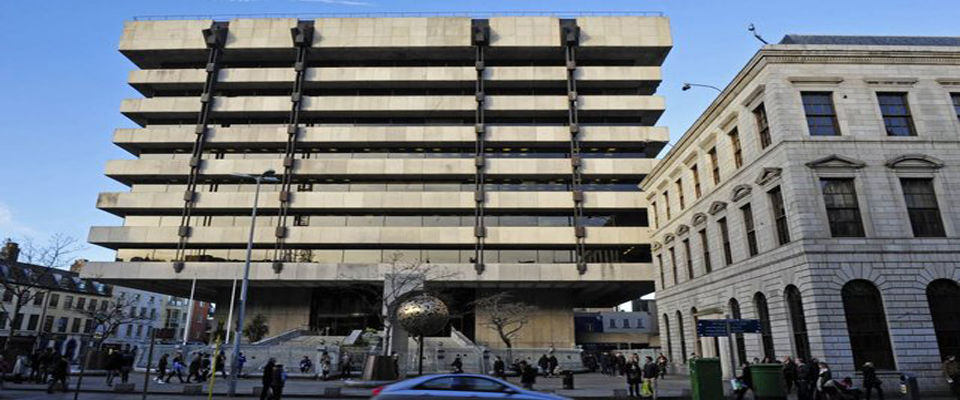Research from the Central Bank shows that first time buyers have lower default rates than other participants in the housing market.
A recent economic letter from the Central Bank says this could be down to a number of reasons, including the fact that first time buyers do not have a credit history and so banks may apply stricter lending criteria to their loans than to other mortgage holders.
In turn this leads to better credit allocation outcomes, the researchers said.
The study also suggests that as first time buyers may wish to move in the future and are worried about the impact of defaulting on any future transaction, they may be more active in trying to keep up with mortgage repayments.
The Central Bank says that first time buyers are "highly sensitive" to credit availability through what banks are willing - or regulated - to lend to them.
Most of the time they are also usually younger and are earlier in their income lifecycle and so their future income growth prospects are potentially higher.
"If a mortgage is serviceable early in the income lift cycle, then future income growth should give additional scope to meet obligations over time," the economic letter stated.
For their study, the researchers looked at the mortgage books of AIB, Bank of Ireland, Permanent TSB and EBS Building Society and the analysis took a snapshot of loans on the banks' balance sheets in December of last year.
The Central Bank also found that first time buyers made up less than 50% of the borrowers in the years before the financial crisis. Their share of the market fell to less than 40% between 2004 and 2008.
However, since the financial crisis their market share has risen and the study noted that first time buyers are taking out smaller loans than second and subsequent buyers.





